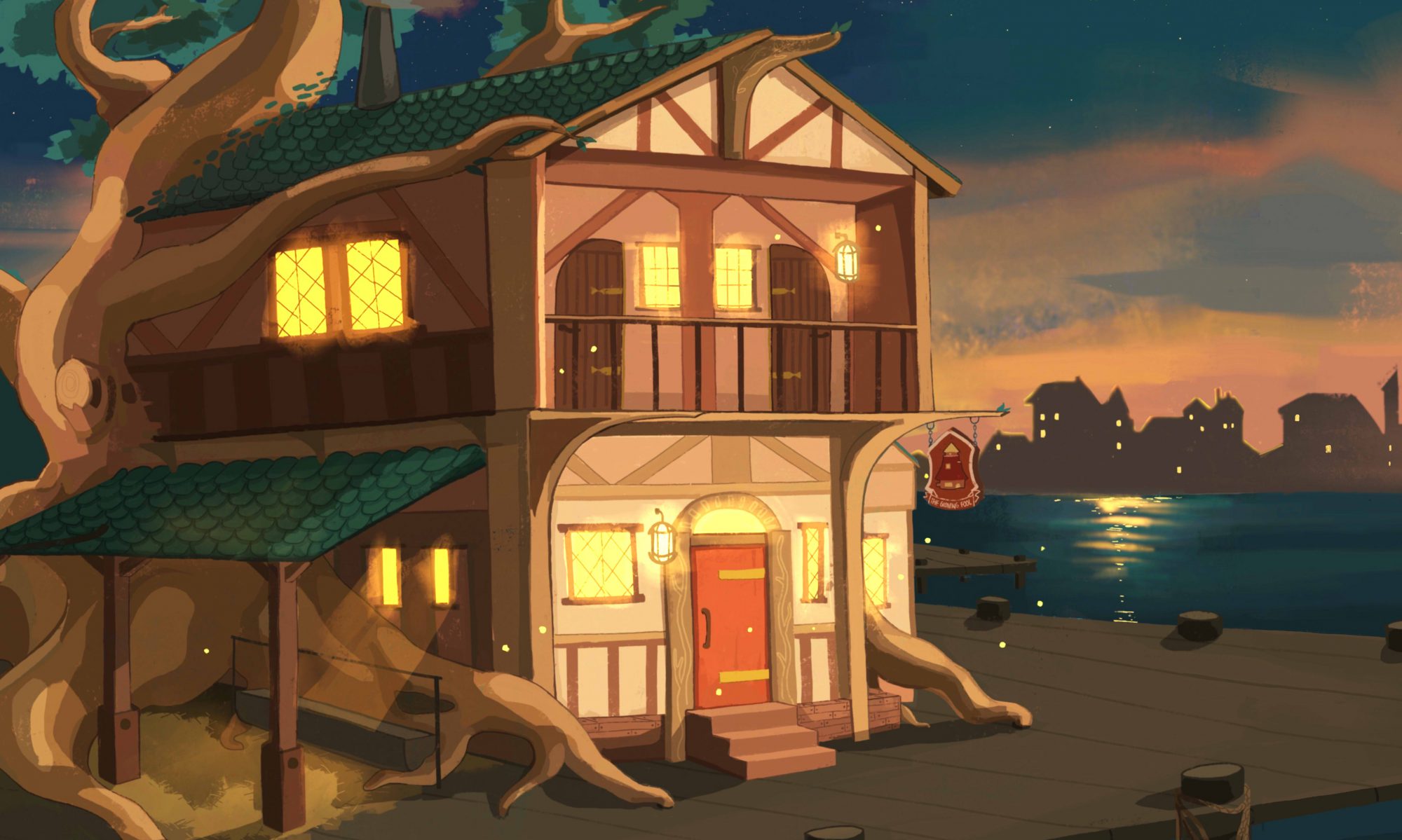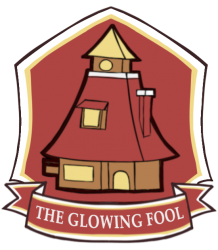Dungeons & Dragons has a had a profound impact on me. Through the last three years of playing this game, I’ve gone on epic adventures, laughed, cried, and made new friends. I’ve learned a bit more about storytelling, myself, and life in general.
“Self-Reflections” is a series about what I’ve learned as a DM, player, and all-around D&D nerd.
It wouldn’t be any stretch of the imagination to say that I’m a control freak. I have an almost unyielding urge to be able to know and manipulate the outcome of everything I do. I need to know that if I do X, then the result will be Y. Upon first glance, you may think that this wouldn’t necessarily be a problem. I’m usually the Dungeon Master (DM), and as the DM, I control everything already anyway. Seems like control freaks would make the best DMs.
This isn’t entirely true. Yes, as a DM, you control the world, you control all the non-player characters (NPCs), and you have a larger say in the direction that the story goes. But there is one critical element that a DM most definitely does not control. The players.

At it’s core, D&D is a game on making decisions. The players make decisions, and those decisions affect the story. For most, this is the entire reason why they play D&D. And if a DM were to take control and say that the player’s decisions no longer mattered, it defeats the very purpose of the game. A DM has to be willing to cede a significant level of control to their players. The players are the ones who decide where the party goes. The players are the ones who will decide whether they will kill the dragon, or spare it’s life. It is the players whom ultimately decide whether they will save the world, or destroy it. They are the ones in control.
For the longest time, I had trouble coming to terms with losing this control. This is my world. I’ve put so much time and effort into the elements of this world and its story, that it seemed unfair that I wouldn’t be able to get the outcome that I wanted. And for the majority of the beginning of my DMing career, this was how I behaved. Whenever my players made a decision that went against what I had planned I bent the world backwards so that my desired outcome would occur.

One instance of this happening was when my players were trying to take over an enemy stronghold. The player characters (PCs) had rallied a small army to aid them in the conquest. My original plan was for them to make the attempt with their forces, and have them come out victorious, but with severe losses. The intent was to highlight the burden of leadership, and for them to experience a costly victory. However, what I had expected, was not what had happened. The party had come up with a brilliant plan that would have probably let them conquer the stronghold with little to no losses, and they had executed the plan well. But having been married to my initial idea of severe losses, as the DM, I had hand-waved the skirmish, and just dictated to my party that they had lost a third of their army. Totally negating the time and effort that they had gone into preparing and executing their plan. The players were very frustrated at this ruling of mine. I had taken away their agency, and had imposed my own version of events onto the game.
It wasn’t until one of my players had approached me and talked to me about their frustrations on what was happening that I fully realized what I was doing. I was putting my own version of the story ahead of my players. Rather than us creating a story together, I was dictating a story to them. And that was far from the enjoyable D&D experience that my players wanted.

It took a bit of soul searching for me to realize that I was being selfish. I had thought only about the time and effort that I had put into preparing the game. But I hadn’t stopped to think about the time and effort that my players were putting in as well. They were also taking time off their busy schedules to come and play this game with me. My players may not be creating adventure hooks and maps, but they were also working hard on this game we all shared. They were coming up with character backstories, and constantly thinking about how their character would react to my world, and how they would interact with each other. They went to all this effort to create their characters, and they trusted me with respecting that effort.
It took all that for me to realize that first-and-foremost, my responsibility as a DM is the enjoyment of my players. It isn’t about me telling this story in my head. It is about empowering my players so that we can all tell this story together. It is about giving them the ability to control their own destiny, letting them dictate where the story goes. I lose a bit of control over the story, sure. But I gain something so much better. The ability to see the sheer joy and happiness on my player’s faces when we all tell the best possible story. Together.

Earl is what you would call a Dungeons & Dragons addict. He watches D&D shows, prowls the D&D forums, and basically lives, breathes, and eats D&D (It’s no joke, he literally listens to the D&D Podcast while eating). He likes to be thought of as the “lead fool” as he guides us all through the silliness of D&D.
For his day-job. Earl is an ERP Consultant with the Nomura Research Institute (NRI). He is also a Shaper with the Global Shapers: Hong Kong Hub.


